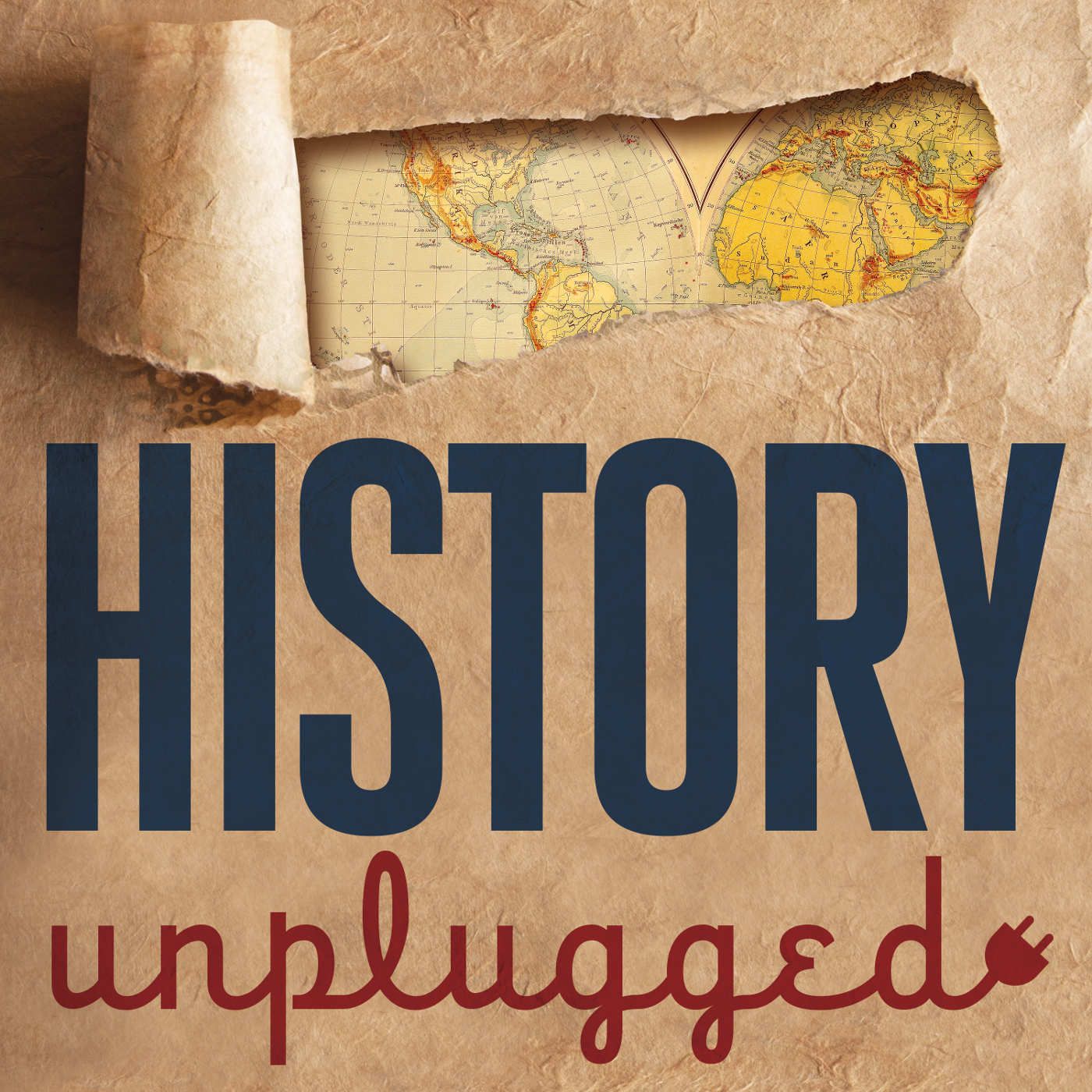- History
- SEE MORE
- classical
- general
- talk
- News
- Family
- Bürgerfunk
- pop
- Islam
- soul
- jazz
- Comedy
- humor
- wissenschaft
- opera
- baroque
- gesellschaft
- theater
- Local
- alternative
- electro
- rock
- rap
- lifestyle
- Music
- como
- RNE
- ballads
- greek
- Buddhism
- deportes
- christian
- Technology
- piano
- djs
- Dance
- dutch
- flamenco
- social
- hope
- christian rock
- academia
- afrique
- Business
- musique
- ελληνική-μουσική
- religion
- World radio
- Zarzuela
- travel
- World
- NFL
- media
- Art
- public
- Sports
- Gospel
- st.
- baptist
- Leisure
- Kids & Family
- musical
- club
- Culture
- Health & Fitness
- True Crime
- Fiction
- children
- Society & Culture
- TV & Film
- gold
- kunst
- música
- gay
- Natural
- a
- francais
- bach
- economics
- kultur
- evangelical
- tech
- Opinion
- Government
- gaming
- College
- technik
- Jesus
- Health
- movies
- radio
- services
- Church
- podcast
- Education
- international
- Transportation
- Other
- kids
- podcasts
- philadelphia
- Noticias
- love
- sport
- Salud
- film
- and
- 4chan
- Disco
- Stories
- fashion
- Arts
- interviews
- hardstyle
- entertainment
- humour
- medieval
- literature
- alma
- Cultura
- video
- TV
- Science
- en
Genghis Khan, Attila the Hun, and the Barbarian Empires of the SteppeKenneth Harl

b"Attila the Hun and Genghis Khan loom large in Western popular consciousness as two of history\\u2019s most fearsome warrior-leaders. Chroniclers referred to them as \\u201cThe Scourge of God\\u201d and \\u201cUniversal Lord\\u201d both fascinate and repel. But few people today are aware of their place in a succession of nomadic warriors who used campaigns of terror to sweep across the Eurasian steppes. They toppled empires and seizing control of civilizations. Today Professor Kenneth Harl joins us to talk about the effects of these steppe empires on world civilization. From antiquity through the Middle Ages, nomadic warriors repeatedly emerged from the steppes, exerting direct and indirect pressure on sedentary populations and causing a domino effect of displacement and cultural exchange. Dr. Harl and I discuss these turning points in history set into motion by steppe nomads: The fall of the Roman Empire can be blamed at least in part on the Huns. Christians of Asia Minor converted to Islam after the clergy fled the nomadic Turks. The Mongol sack of Baghdad destroyed the city and its role in the Muslim world. China\\u2019s modern-day Great Wall was constructed in response to the humiliation of Mongol rule. The spread of Buddhism and trade followed the Silk Road, which allowed cultural exchange between nomads and settled zones across Eurasia. Russia\\u2019s preemptive expansion into the northern regions was a reaction to the horror of being conquered by Mongols. \\xa0 RESOURCES MENTIONED IN THIS EPISODE Kenneth's course \\u201cThe Barbarian Empires of the Steppes\\u201d \\xa0 ABOUT KENNETH HARL Dr. Kenneth W. Harl is Professor of Classical and Byzantine History at Tulane University in New Orleans, where he teaches courses in Greek, Roman, Byzantine, and Crusader history. He earned his B.A. from Trinity College and his M.A. and Ph.D. from Yale University. An expert on classical Anatolia, he has taken students with him into the field on excursions and to assist in excavations of Hellenistic and Roman sites in Turkey. Professor Harl has also published a wide variety of articles and books, including his current work on coins unearthed in an excavation of Gordion, Turkey, and a new book on Rome and her Iranian foes. TO HELP OUT THE SHOW Leave an honest review on\\xa0iTunes. Your ratings and reviews really help and I read each one. Subscribe on\\xa0iTunes\\xa0or\\xa0Stitcher"